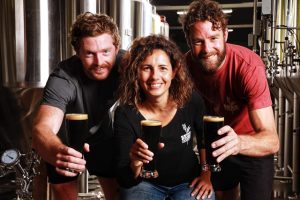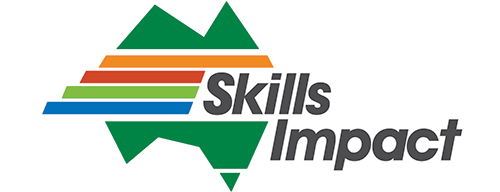We are seeking your feedback on projects that have been proposed for 2020 – 2022 and specific changes to the industry environment that have been identified in this year’s Annual Update to the IRC Skills Forecast and Proposed Schedule of Work (Skills Forecast).
This year’s Annual Update includes information about employers’ use of training packages and qualifications, barriers to hiring apprentices and trainees, and reasons behind non-completion rates. It also looks at alternative training being delivered, some of which draws on the training package, but is not delivered by registered training organisations.
Proposed projects are summarised in the grey box below. Feedback is being collected up until 14 April 2020.
The draft Annual Update will be submitted from the Food, Beverage and Pharmaceutical Industry Reference Committee to the Australian Industry and Skills Committee (AISC) at the end of April, for their consideration.
Proposed Schedule of Work 2019 – 2022
2020-21
Project 1: Flour Milling
The flour and grain milling industry has been adapting its operations to meet growing consumer preferences for healthier options. Organic, gluten-free and wholemeal products are no longer a niche market. The necessary skills for the workforce are evolving beyond ‘traditional’ practices to include machinery, supply chain and traceability systems management, and food safety regulations compliance. This project proposes a review of the Certificate IV in Flour Milling, to meet the current skills requirements of technical millers in Australia.
Project 2: High Volume Production Baking
The operation of factories that produce bread, bread products, biscuits and cakes, is becoming increasingly digitalised and automated. Many of the required skills and knowledge, including enhanced quality control, traceability and supply chain systems, and managing allergens and contaminants, are similar to the skills that are reflected in the units and qualifications that are under review as part of the current Food & Beverage Processing Project. This project would include a review of the Certificate III in Plant Baking and consider whether to replace it with a specialisation within the Certificate III in Food Processing.
2021-22
Project 2: Advanced Pharmaceutical Manufacturing
Development of qualifications, units and skill sets to meet skills gaps and needs identified in the CSIRO Medical Technologies and Pharmaceuticals Roadmap.
2022-23
Projects to be identified based on feedback from previously completed projects.
Insight into Qualification and Employment Outcomes
The Certificate III in Food Processing is considered valuable by some employers when it can be contextualised to specific industries. For example, Stephen Nelsen, Head Brewery Lecturer at TAFE SA, said the course he runs is always fully booked, with approximately 30% of students enrolling from interstate.
Graduate Janie Butterworth from Beer Garden Brewing, said the course was an important step in her journey to commercial success. “The technical focus of the Certificate III means that we have the capability to produce award winning, world class beer in our beautiful but isolated part of the world”.

Jake Nicholas, Janie Butterworth and Dan Treagus. Photo credit to Robert Lang Photography
Students of the same qualification who undertake the cheese-focussed course at the Artisan Cheese Making Academy Australia have a high success rate in finding work associated with their learning soon after graduating: 29 out of the 30 recent graduates of this course are now working in cheese production facilities, start-up companies, as chefs or in retail roles.
